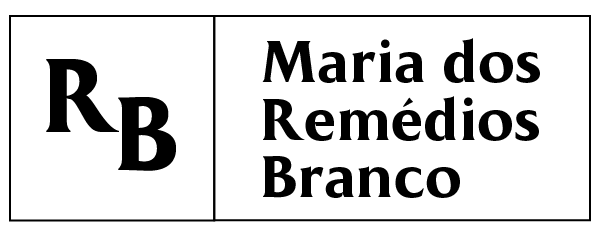Background: Little is known regarding the developmental consequences of congenital Zika syndrome (CZS) without microcephaly at birth. Most previously published clinical series were descriptive and they had small sample sizes.
Study design: We conducted a cohort study to compare the growth, clinical, and motor development outcomes for 110 children with CZS born with and without microcephaly up to their third birthday. Ninety-three had their head circumference (HC) at birth abstracted and they did not have hypertensive hydrocephalus at birth, where 61 were born with microcephaly and 32 without.
Results: The HC z-scores decreased steeply from birth to six months of age, i.e., from –3.77 to –6.39 among those with microcephaly at birth and from –1.03 to –3.84 among those without. Thus, at 6 months of age, the mean HC z-scores for children born without microcephaly were nearly the same as those for children born with microcephaly. Children born without microcephaly were less likely to have brain damage, ophthalmic abnormalities, and drug-resistant epilepsy, but the differences in many conditions were not statistically significant.
Conclusions: Children born without microcephaly were only slightly less likely to present severe neurologic impairment and to develop postnatal-onset microcephaly, and some of the original differences between the groups tended to dissipate with age.

